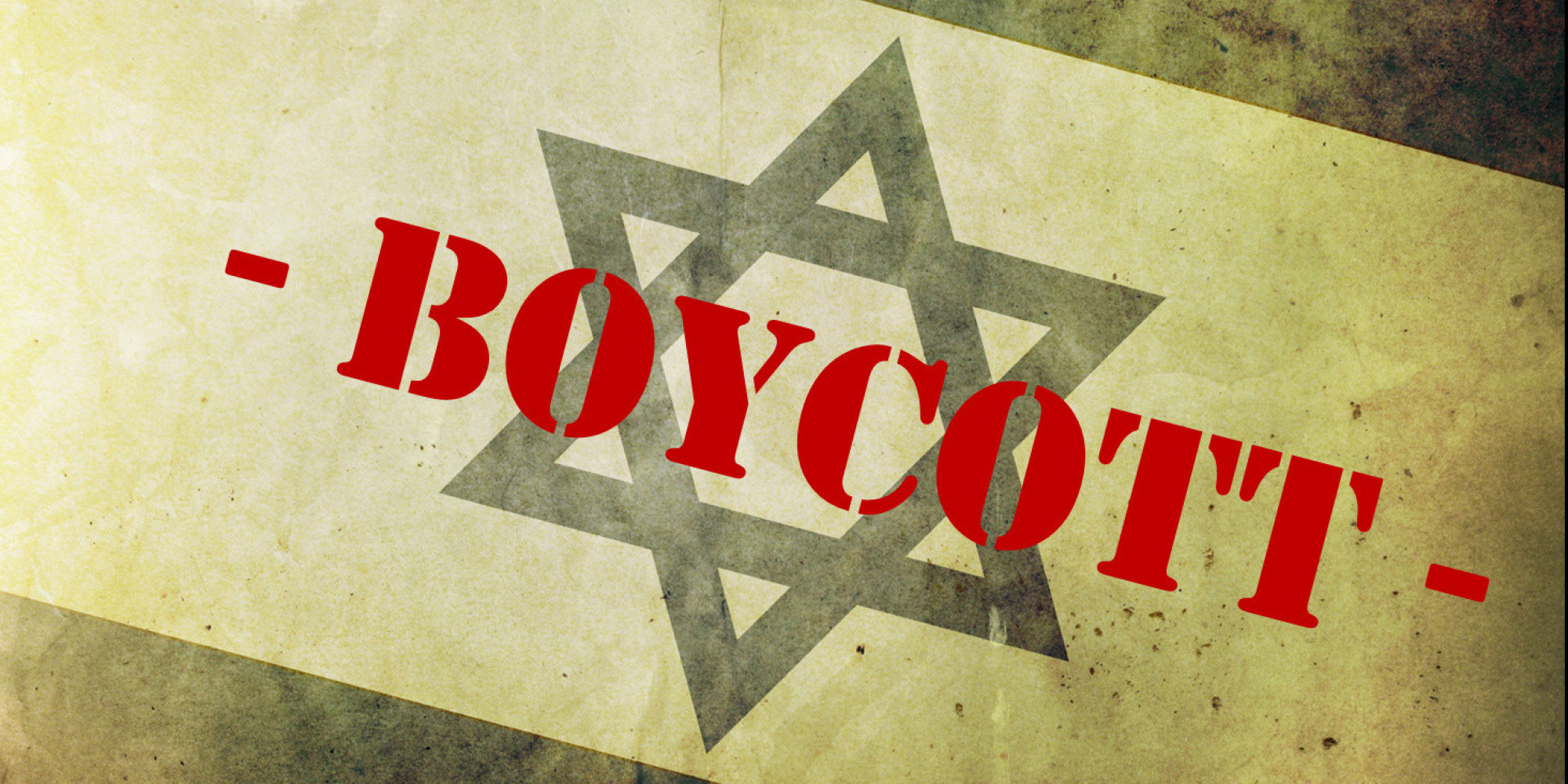Taimur Ahmad: Nuclear time bomb

The threat of violence undertaken with atomic weapons has never been so great, Mohamed ElBaradei tells Taimur Ahmad
The worries that plague Mohamed ElBaradei have scarcely been eased by the Nobel Peace Prize that he won last October. If anything, the 63-year-old Egyptian diplomat who runs the International Atomic Energy Agency (IAEA), the UN nuclear watchdog that shared the prize, admits that he is more anxious than ever: the threat to nuclear security, he says, has never been so great.
“Whatever happened in the past pales in comparison with the dangers we are facing in the future,” he warns. His concerns span the breadth of perils that his organization is charged with watching out for in its attempt to curb the global spread of nuclear know-how. Above all, he believes the world is in “a race against time” to keep atomic weapons from terrorists, a prospect that worries him even more than aspiring atomic rogue states.
United we stand
ElBaradei’s credibility and authority have been reinforced by the Nobel accolade, awarded for his and the agency’s efforts to stop the spread of nuclear technology. But the ability of the IAEA and ElBaradei to do their job properly depends in large measure on the powers granted them by the UN’s member governments, and on the diplomatic support they get when putting pressure on countries to be open about their nuclear programmes. “We cannot address any of these issues on our own,” he says. The atomic inspector hopes the prize will now act as “a wake-up call to the world to say we need to do things differently”.
But it’s a platform he nearly lost: earlier this year, the Bush administration tried to stop him being re-elected to a third term as IAEA director general, after reportedly tapping his phones to seek evidence to discredit him. ElBaradei had staunchly opposed the US-led war in Iraq and maintained ahead of the war that the Arab state no longer had a nuclear weapons programme.
The Nobel committee has denied that the award is in part a veiled criticism of Washington. However, the official announcement does state that, in choosing the prize-winner, it meant to point out that the escalating threat of nuclear arms must be met “through the broadest possible international cooperation”. Indeed, the only way to tackle nuclear security, says ElBaradei, who has headed the IAEA since 1997, is through a coordinated multilateral approach, underpinned by the rule of law. “We need multinational cooperation more than at any time before,” he says.
ElBaradei’s vision is bold: he wants IAEA inspections to become the worldwide norm, and he believes that all nuclear aspirants that resist inspections need to be slapped with UN sanctions. He is lobbying loudly for a nuclear “fuel bank”, administered by the IAEA, which would guarantee any country the fuel it needs for bona fide peaceful activities while removing the justification for it to develop its own fuel cycle. He also wants to see worldwide plans for new uranium enrichment and nuclear fission facilities put on hold for five years, and for research reactors that use highly-enriched uranium to adopt less hazardous materials.
Iranian nuclear test
Garnering increased support for the IAEA will be crucial not only to rein in the threat of nuclear terrorism, but also as ElBaradei gears up for what threatens to be one of his most profound tests – Iran. He points out that the next few months could prove vital in establishing whether or not to refer the Islamic Republic to the UN Security Council over its nuclear intentions – a move that could result in punitive sanctions.
European diplomats have already said that the window for a negotiated way out of the impasse “will not remain open indefinitely”. In a sign that pressure is rapidly mounting, ElBaradei is similarly quick to underscore the urgency of a swift resolution. “We need to come to a closure on Iran’s nuclear programme,” he says. “The international community is reaching the limits of its patience in terms of allowing the inspections process to continue before coming to a conclusion.” World opinion, he says, has not been helped by the regime’s belligerent rhetoric.
In early March 2003, as IAEA inspectors were still active in Iraq, ElBaradei appeared before the UN Security Council and argued for a last “investment in peace”, for a few more months to allow the inspectors to issue a final report. The invasion of Iraq by the US and its allies began two weeks later. Now, ElBaradei insists that if the Iranian issues are not clarified within the next few months because of the regime’s intransigence, “the international community will draw its lesson”.
He warns, too, that if Iran carries out a threat to reopen its mothballed Natanz underground enrichment plant, a dangerous escalation will follow, and raise fresh questions about the country’s insistence that its nuclear intentions are peaceful.
“I cannot just keep going on with the inspection and saying we need more time,” he stresses, implying a deadline of sorts. “Whether Iran’s intention is to develop nuclear weapons, well, I cannot read intentions. But I have to work
on concrete measures.” Still he believes, as before, that “all efforts for peaceful resolution” need to be exhausted before the use of force is considered. Iran recently ended its 30-month freeze on research into nuclear fuels.
Security and insecurity
Yet, crucially, ElBaradei wants to place the question of Iran, as of all nuclear hopefuls, in context. “We need to understand that weapons of mass destruction are primarily linked to either security or the projection of power and in both cases we need to address the incentives for having these weapons.” He says feelings of insecurity and humiliation, exaggerated by nuclear imbalance, are behind the spread of bomb development programmes.
“I hope the Iranian case will be resolved as part of a comprehensive package which addresses not just the symptoms but the causes,” he says.
He believes that to take Iran or North Korea as isolated cases is to fail to grasp the real danger of nuclear security. “One person’s perfect security is another’s perfect insecurity,” he says. “You need to have a balanced, fair, equitable security arrangement.” A “good start” would be for the US and other nuclear powers to cut nuclear weapons stockpiles sharply and to redirect spending towards international development.
ElBaradei believes that the Middle East, more generally, is a region where the drive for acquiring weapons is most acute. This, he says, “is no surprise, because of the sense of insecurity that prevails there, the sense of imbalance”. Realizing his goal of a nuclear-free Middle East is all the more complicated when Israel is factored in, since the country is widely understood to possess a substantial nuclear arsenal, but has failed to sign the nuclear non-proliferation treaty (NPT) and so is beyond the IAEA’s reach.
“There’s a lot of frustration in the Arab world that Israel is outside the non-proliferation regime, and there’s a lot of fear on the part of Israel that they’re not fully accepted, and therefore stick very strongly to what they see as a deterrent.” ElBaradei believes any lasting peace in the region must be based on a viable security dynamic between states – an issue he thinks should be built into any future peace talks.
Stumbling blocks
Nobel Prize notwithstanding, the IAEA’s record has been patchy. The agency has failed to unearth some of the most significant nuclear revelations of recent years – from Iran’s secret nuclear projects to the biggest ever network of black market nuclear trafficking, masterminded by AQ Khan, “the father of the Pakistani bomb”. Libya’s disowning of its nuclear dreams was largely the result of American pressure. Moreover, the IAEA is not party to the current talks on North Korea’s nuclear future, although ElBaradei hopes that he and his surveillance teams will be invited back to the country soon, following hopeful signs that the regime is seeking a rapprochement with the international community.
The road ahead, however, is riddled with obstacles. Most worryingly, ElBaradei and the IAEA may not get far in their attempts to keep nuclear weapons out of the hands of rogue states and terrorists without an agreement among world governments to strengthen both the NPT and the powers of the IAEA’s inspectors to enforce it.
“We’re not making progress on nuclear disarmament,” ElBaradei laments. “The nuclear weapons states should be the ones to lead by example.” Inertia on the question of nuclear disarmament by the world’s major nuclear powers – America, Russia, China, Britain and France – undermines efforts to convince would-be atomic powers to desist.
“We’re acting like ostriches with our heads in the sand,” he says. “The problem will not go away.”
But there is hope of an emerging consensus. “Nobody wants to see a terrorist acquiring nuclear or radiological weapons, and nobody wants to see the dissemination of nuclear weapons,” says ElBaradei. “But agreeing on the big picture is not sufficient if you fail to translate that into specific measures. That’s where I’m trying now to cash in on the prize and make them aware that we still need a lot of their support.”
He adds: “I always say, we are as successful as we’re allowed to be.”




